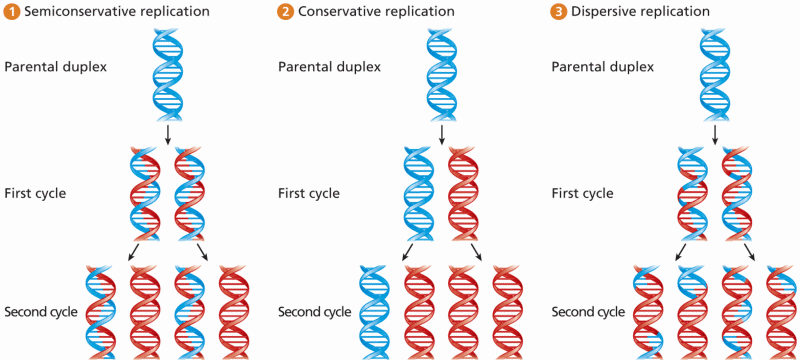Answer to Question 1
Answer:
1. The likelihood of improvement is enhanced by clients social support level and weakened by their level of impairment in everyday functioning.
2. Prognosis is worse for patients with chronic and complex problems and worse for clients who are not in much distress. Good social support improves the outlook for clients with chronic and complex problems.
3. Psychoactive medication works best among clients with high functional impairment and complex, chronic problems.
4. The likelihood and amount of improvement among clients with complex, chronic problems are enhanced by multiperson therapy.
5. For functionally impaired clients, the more intense the treatment, the more benefits.
6. Risk is reduced by careful assessment of risk situations in the course of collecting information for the clients diagnosis and history.
7. Risk is reduced and client cooperation is increased when the treatment includes the family when the client has realistic information about the length, effectiveness, roles and activities of treatment, risk is lessened and retention is optimized.
8. Risk is reduced if the clinician routinely questions clients about suicidal feelings and intentions.
9. Ethical and legal principles suggest that documentation and consultation are advisable.
10. Therapeutic change is greatest when the therapist is skillful and provides trust, acceptance, and respect for the client, and does so in an environment that both supports taking chances and provides safety.
11. Therapeutic change is most likely when the procedures do not evoke client resistance.
12. Therapeutic change is most likely when the client is exposed to targets of behavioral and emotional avoidance.
13. Therapeutic change is greatest when a client experiences emotional arousal, in a safe setting, until problem responses diminish or extinguish.
14. Therapeutic change is most likely if the initial focus of change is building new skills and altering disruptive symptoms.
15. When the client is open to suggestion, directiveness of intervention is effective; when the client is resistant to suggestion, paradoxical interventions or symptom exaggeration is preferable.
16. When the client externalizes, skill building and symptom removal techniques work best; when the client internalizes, insight- and relationship-focused procedures work best.
17. The likelihood of therapeutic change is greatest when the clients level of emotional stress is moderate, being neither excessively high nor excessively low.
Answer to Question 2
Answer:
1. Theoretical integration
2. Technical eclecticism
3. Common factors orientation







